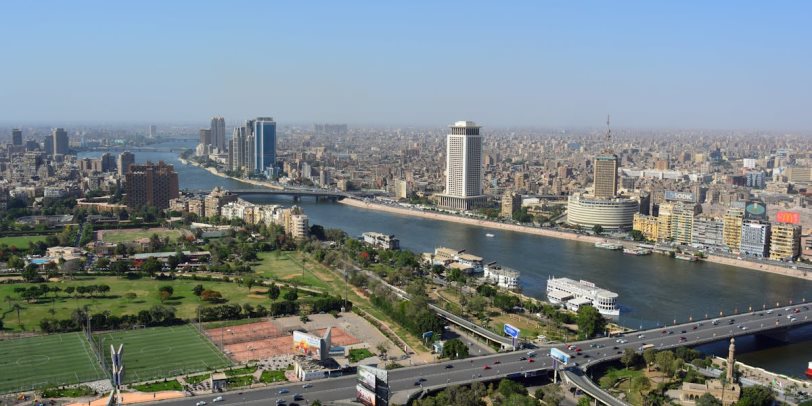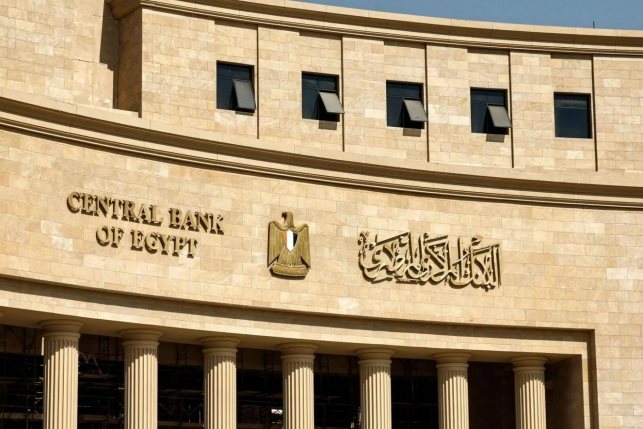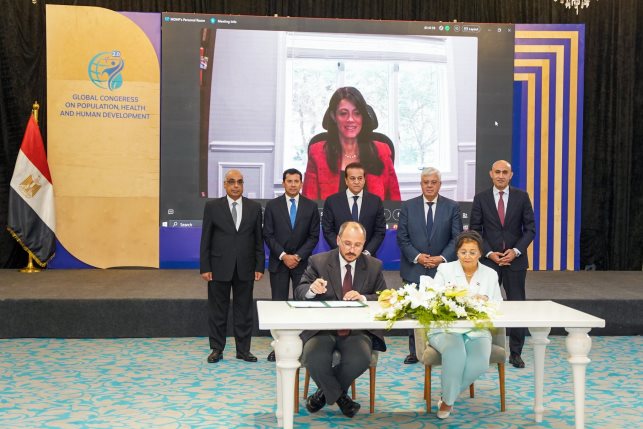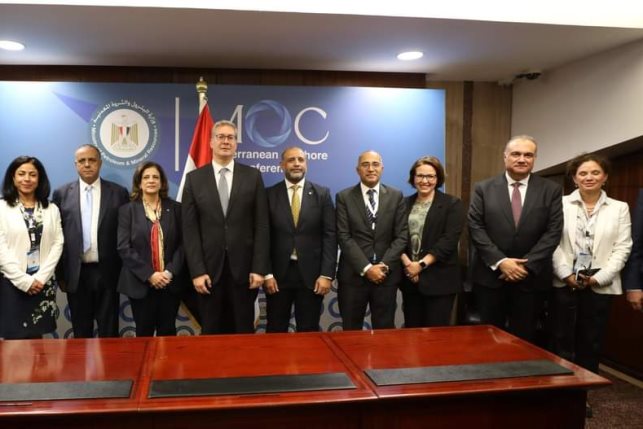Egypt leads as top African investment location: Rand Merchant Bank
Egypt maintained its top spot with an improved business sector, showcased in its placement as 8th in the World Bank’s Ease of Doing Business rankings,

South African financial services provider Rand Merchant Bank’s (RMB) annual “Where to invest in Africa” report positions Egypt as the continent’s top investment destination, highlighting is as the first to bounce back during the pandemic.
According to RMB Africa economist Daniel Kavishe, a new world called for a new approach to the publication. Where previous reports positively projected Africa’s prospects – discerned through reliable and readily available data – COVID-19 muddied the analytical waters and compelled the team to adapt their methodology.
“We created a new set of rankings that incorporated some of the unavoidable COVID-19-induced challenges, of which the operating environment score was one,” he explained.
Egypt maintained its top spot with an improved business sector, showcased in its placement as 8th in the World Bank’s Ease of Doing Business rankings, facilitated through government programs like the white cab initiative which subsidies the financing of new taxis to reduce CO2 emissions.
Egypt also ranked 4th among the top 10 countries showing resilience with an index of 88.7 in The Economist’s “Normalcy Index” in July.
Related > Egypt climbs 5 ranks in Economist’s internet index to be 73rd
Following Egypt on the list was Morocco, explaining that the country continues to benefit from political stability with an expected growth rate of 4% over the medium term. The bank highlighted the establishment of a special fund to combat COVID-19 that represented 2.7% of its GDP.
“Aspects like simplifying the process of registering a business, improving electronic submissions and processing of export documents, as well as increasing the efficiency of the customs service have helped Morocco move into second place,” the report noted.
South Africa placed 3rd, which “offers a strong manufacturing and retail base that will continue to support southern African regional economies with goods and services”.
“Although the pandemic brought much devastation, it also enabled opportunities for reimagining policies and trade relationships. Increasingly clear now is that home-grown strategies to tackle poverty, inequality and unemployment across Africa must be implemented. If not, all of Africa suffers,” Kavishe stated, adding that capital will flow naturally to economies offering a good mix of opportunity and ease of doing business.
Related > Egypt tops Forbes ME’s first ever Top Fintech Apps list
The rest of the list continues as
-
Rwanda: Rwanda continues to benefit from the efforts it has made to improve its operating environment. Furthermore, as part of the National Strategy for Transformation (NST), various investments should support the construction and energy sectors over the next few years.
-
Botswana: The country has high foreign-exchange reserves, which have enabled it to weather the pandemic-induced economic storm better than most. The Pula Fund, a sovereign fund created in 1994 that finances a large part of the budget deficit, has meant that fiscal dependency on debt has been low.
-
Ghana: Ghana entered the current crisis on a relatively stronger footing than its African peers. Structurally, its economy has seen major shifts over the past few years, positioning it for significant growth going forward. This is supported not only by primary-sector industries like oil and gold but accelerated development in the tertiary sector.
-
Mauritius: Aided by an extremely favorable tax regime, its financial sector will remain one of the main drivers of Mauritius’ economy into the future – notably through cross-border investment activities and banking services.
-
Côte d’Ivoire (CIV): A rise in private investment should continue to fuel construction, agri-industry and services (trade, transport and ICT in particular). Private investment will benefit from the impetus provided by public investment under the 2016-20 National Development Plan.
-
Kenya: The Kenyan government’s efforts to ensure that implementation of the “Big Four” plan focused on industrialization, universal health coverage, food security and affordable housing will invariably lead to fast economic growth.
- Tanzania: Tanzania has been on a rapid path of development over the past few years. This growth can be attributed to consistent public investment from the government in key secondary and tertiary sectors, ranging from the energy sector to advancements in the telecommunications and finance sectors.





